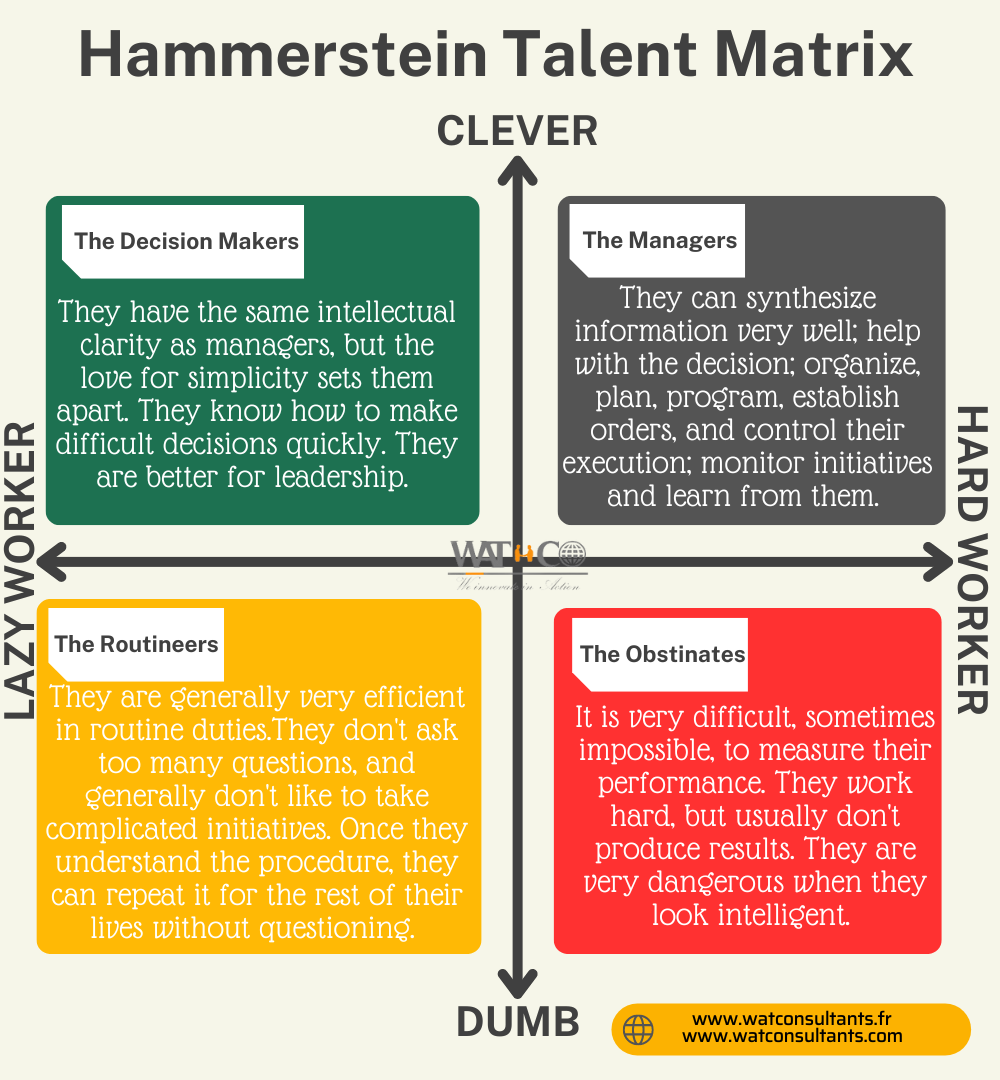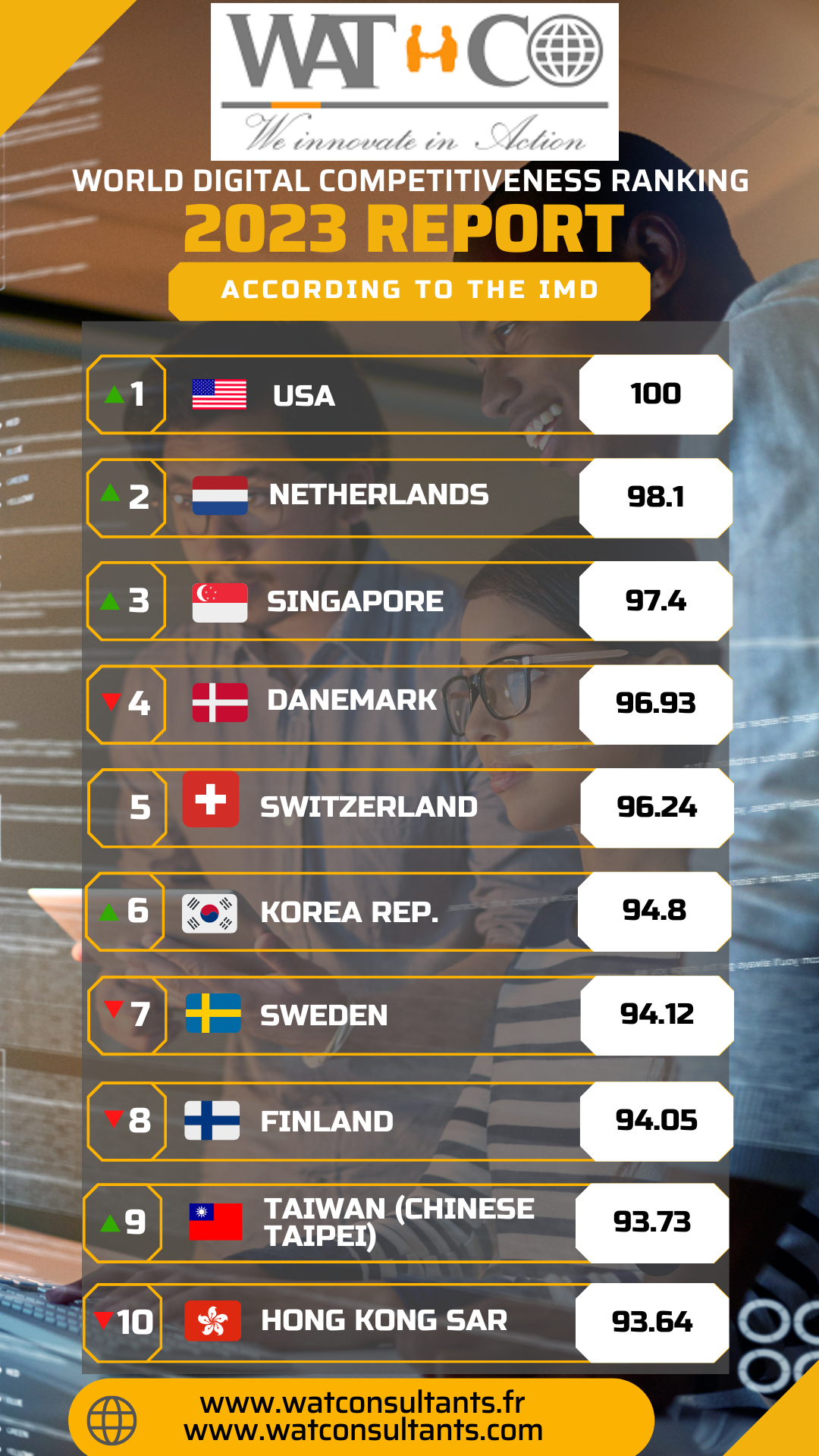
Understanding the challenges of our 5 generations
Today, there is a generational gap. We can see it in our neighborhoods and our families. We all face the challenge of interacting with five different generations:
- Baby boomers (Born before 1964): The powerful at the end of their reign
- Generation X (Born between 1965-1981): The forgotten children
- Generation Y (Born between 1982-1996): The ambitious of renewal
- Generation Z (Born between 1997-2009): The awakening generation
- The Alpha Generation (Born between 2010-2025): The first Generation of the new world
In sub-Saharan Africa in general and in Cameroon in particular, baby boomers hold leadership and governance: political and economic power. On the other side, generation X is the most disappointed, following the political fracture experienced by Cameroon in 1982: it tasted the two Presidents of the Republic. Generation Y is the most important (they are even the target of political and commercial campaigns), while Generation Z is the most recent entrant to the labor market, but with a certain difference: They learned from their elders in the generation Y. These generations have been impacted differently by the evolution of the world and the industry. Developing your business through the generational prism will help companies understand the best way to implement their deployment strategy in Cameroon in particular and in Sub-Saharan Africa in General.
Each generation is shaped by a particular socio-cultural environment and a different life experience. Take, for example, baby boomers. Having been educated by parents who have known wars (world wars and wars of independence), today's baby boomers had the grace to take power right after independence. However, their little brothers from Generation X have been culturally influenced by the two political regimes that Cameroon has known. Therefore, they spent their time in comparing the two political systems. Generation Y, on the other hand, discovered the world without the Internet and with the Internet, which allowed them to adapt well and to be balanced: they are therefore the most ambitious.
Each generation also has different preferences and attitudes toward products and services, which should prompt companies to respond with a different offering, customer experience, and even business model. Unfortunately, businesses in Cameroon are often stuck with a rigid portfolio of products and services that does not allow for customization for every generation. They force operational staff to serve only two or three generations at a time. Companies are also struggling to adapt to the shortened product life cycle posed by the ever-changing needs and desires of younger generations. Companies are also struggling to target. Targeting creates a dilemma since the greatest value is always created when brands serve baby boomers and to some extent a few Gen Xers, with their powerful resources and strong willingness to pay. But most brand equity is created when companies are endorsed by Generations Y and Z, with their cool factor and digital savvy. Most importantly, Generations Y and Z are beginning to influence their baby boomer and Gen X parents in many buying decisions. Companies need to balance two goals: maximize value creation for the present and start positioning brands for the future. This is for example what Meta is doing at the moment, with the Metaverse which targets the next generation Beta.
Baby boomers: Power and power at the end of their reign
Baby boomers were born before 1964. The term baby boom refers to the high birth rate in many parts of the world during this period, after the end of World War II. With post-war security and economy, many couples decided to have children.
In Cameroon in particular, the first baby boomers, who were teenagers in the 1960s, were raised in a family of relatively modest farmers and influenced by the white settler. However, their adolescence was spent navigating through the conflicts and socio-political tensions of fighting for independence. Having financially limited parents, they learned to live independently. Cameroon's independence of 1960 was the precursor to Generation X, with whom baby boomers share many similar characteristics. Due to its small size and the small number of educated people, baby boomers have become one of the main political and economic forces. Still occupying management positions in companies and the Governments of Nations, they therefore have a large purchasing power. Baby boomers are often criticized by the younger generation for their reluctance to embrace new technologies and break traditional practices. The conflict is especially with their Gen X cadets who accuse them of not wanting to leave vacancies for them.
Generation X: the forgotten children
Generation X is the demographic group of people born between 1965 and 1982. Overshadowed and sandwiched by the power of baby boomers and the popularity of millennials, generation X has fallen into oblivion and that is why we we call her "the forgotten middle child".
In Cameroon in particular, the generation X cohort experienced the shocking 1982s and the uncertain 1992s to finally enter the labor market in a bad economic situation: a very indebted poor country. Gen Xers fit well with the concept of “friends and family”. Growing up on scholarships and paid college fees, Gen Xers spend more time appreciating their past and regretting their present. Normal for people who have had a good start.
Although overlooked by most companies, some Gen X workers have entered the list of most influential people today. With an average professional experience of 25 years and a strong work ethic. These Gen X workers have held most of the leadership positions in business. Finding it harder to climb the corporate ladder with baby boomers extending their retirement, many of them left their employers in their 40s to start their own businesses and become successful entrepreneurs.
Companies targeting Generation X can rely on Emotional Marketing. Generation X is a Generation of reason, but above all of emotions.
Generation Y: the ambitious of renewal
Generation Y, that is, people born between 1982 and 1996, has been the most talked about cohort in recent decades. Coming of age in the new millennium, they are widely known as Millennials. In general, they are more educated and culturally diverse than previous generations.
They are also the first generation strongly associated with new information and communication technologies. Unlike Generation X, who did not use the Internet, Generation Y discovered the Internet as teenagers through cyber cafes. Thus, Generation Y was the first to adopt Internet-related technologies for personal use.
In Cameroon in particular, millennials have witnessed the rise and fall of boomboxes and the shift from VCRs to CD players. More importantly, their entry into the workforce has been marked by the growth of the Internet, making them early adopters of connectivity. Having known life with and without the Internet, on social networks, they are very open when they express themselves. Not having really known conflicts, they do not have the same definition of peace as their elders of Generation X. They are not afraid of anything and pursue their ambitions by making people talk about them. Millennials do a lot of research online, mostly on their cell phones.
Due to their higher education, diversity, and exposure to unlimited content, millennials are more open-minded and idealistic. Millennials question everything, which makes them prone to conflict in the workplace with older generations who expect them to live up to standards: Millennials are very ambitious. It is with them that the concept of living happily, dying young was born. Companies that target millennials need to be authentic.
Generation Z: The awakening generation
Companies that want to succeed, whether they want to or not, are now turning their attention to Gen Z: The offspring of Gen X and the parents of Generation Beta. Generation Z is a cohort of people born between 1997 and 2009. Born as the internet became mainstream, they are considered the very first digital natives. Having no experience of life without television, and studying with kerosene lamps, these people see technology as an obvious and indispensable part of everyday life. They entertain themselves through TV shows. They consume content continuously on multiple screens, even when they are in difficult social situations. As a result, they see virtually no boundary between reality TV and reality.
Empowered by social media, Gen Z records their daily lives on social media in the form of photos and videos. But unlike millennials, who are ambitious, Gen Z is pragmatic. She does not believe in great ambitions, nor in great achievements, moreover she is not even interested in the political life of the country anymore, and does not even believe in it anymore. This is why it considers itself to be a generation of awakening, so as not to suffer the same disappointments as their elders. She does not consider the school as a knowledge machine but as a diploma tool. She is even called lazy by her Generation Y elders. However, she remains a very pragmatic generation: If the school paid, we would see it on our elders who attended too much. She finds it normal to pay a lot of money for the latest smartphone, she finds it just as natural to get a movie or a song for free with just one click. They find the codes of the elders and adults outdated. Therefore, she first inquires on social networks before concluding.
Since the willingness to share personal information is relatively higher in Gen Z than in older generations, they want brands to be able to deliver personalized content, offers, and customer experiences. Failure to meet this expectation results in low brand loyalty. Companies that target Gen Z have to deal with this shortened product lifecycle, because they embraced the internet from an early age.
Generation Alpha: The first Generation of the new world
Generation Alpha consists of those born between 2010 and 2025, making them the very first children of the 21st century. Coined by Mark McCrindle , the first name in the Greek alphabet signifies a whole new generation that will be shaped by technological convergence. Not only are alpha children digital natives, but they are also heavily influenced by the digital behaviors of their parents (Gen Y) and older siblings (Gen Z). Appropriately, the popularization of smartphones – smart phones to which most children are attached, marked the emergence of this generation in 2010. Consequently, Generation Alpha is not only well-educated and tech-savvy, but also inclusive and social. Generation Alpha have been actively consuming content on mobile devices since childhood. Having relatively longer screen time than previous generations, Generation Alpha watches online videos and plays mobile games on a daily basis. Some have their own YouTube channels and Instagram accounts created and managed by their parents.
Generation Alpha is more open to branded content. Their style of learning is more hands-on and experiential. They are very comfortable playing with tech toys, smart devices, and wearables. They see technology not only as an integral part of their lives, but also as an extension of themselves. Generation Alpha will continue to grow by embracing and using technologies such as artificial intelligence, voice control, and robots. Today, the Alpha generation does not yet have purchasing power, but they already have a strong influence on the spending of others.
|
|
baby boomers |
Generation X |
Generation Y |
Generation Z |
Generation Alpha |
|
Marketing |
Product- centric |
Customer -centric |
Value -focused |
Data- centric |
Technology -Centric |
|
Industry |
Industry 1.0 Centered on Mechanization _ |
Industry 2.0 Centered _ on electrification _ |
Industry 3.0 Centered _ on automation _ |
Industry 4.0 Focused on digitization _ |
Industry 5.0 Focused on Personalization _ |
|
Boundaries |
Companies often forced consumers to consume what they did not need, which in turn created the culture of consumerism. |
Following the movements of May 68, the companies evolved towards a less imposing formula. The objective shifted to customer satisfaction and then to loyalty. |
The rise of millennials who question everything has pushed companies to offer products, services and cultures that have a positive societal impact. |
Millennials — and to some extent, Gen Z — are gravitating towards a digital economy. Companies have therefore started to move from traditional to digital. |
With the rise of Gen Z and Gen Alpha, companies must continue to embrace the next technology (AI) to improve human life. |





